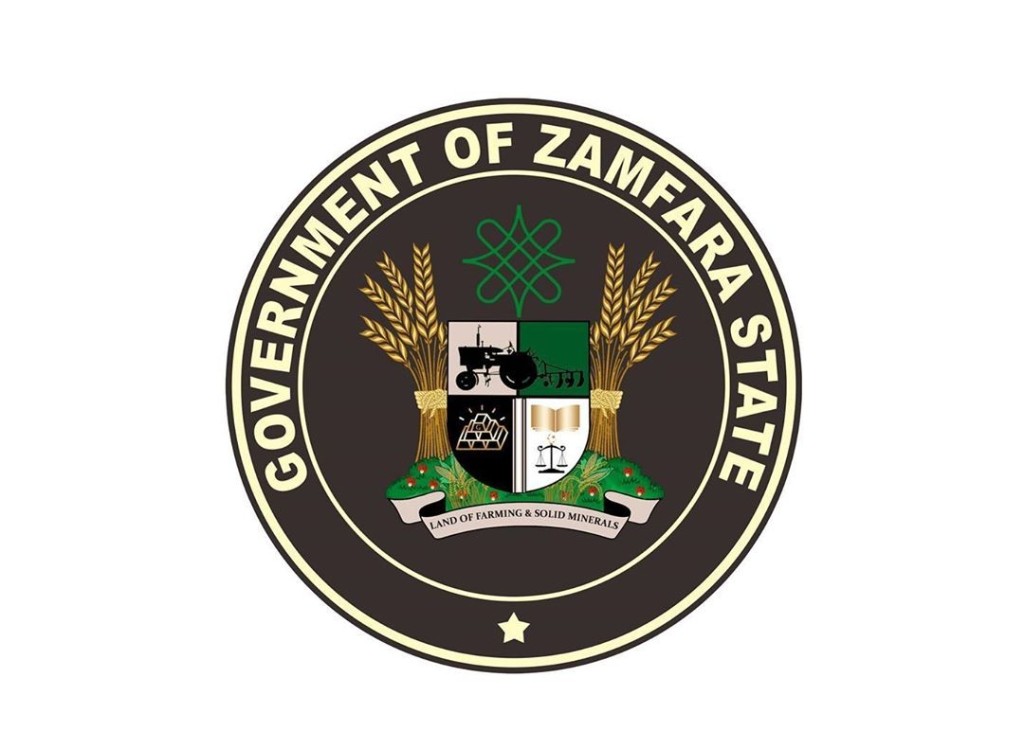Zamfara State Government Initiates N30,000 Minimum Wage Payment from June
In a significant development for the welfare of its workforce, the Zamfara State Government has officially announced its intention to start paying the N30,000 minimum wage to its employees, commencing in June. Governor Dauda Lawal made this declaration during a meeting with the state chapter of the Nigeria Labour Congress (NLC) in Gusau, demonstrating the government’s commitment to enhancing the well-being of its workers.
Governor Lawal’s affirmation of the imminent implementation of the N30,000 minimum wage underscores the administration’s dedication to prioritizing workers’ welfare. This proactive step not only aligns with national standards but also reflects a recognition of the importance of equitable compensation in fostering a motivated and productive workforce.
Addressing the NLC leadership, Governor Lawal stated, “Today, I want to announce to the Zamfara State Labour Union leaders that my government will commence payment of the N30,000 minimum wage in June.” This announcement signals a tangible improvement in the earning potential of Zamfara state workers, promising increased financial security and improved standards of living for them and their families.
The decision to implement the N30,000 minimum wage comes in the wake of former President Muhammadu Buhari’s signing of the minimum wage bill into law back in April 2019. Despite the nationwide mandate, as of October 2023, several states, including Zamfara, had yet to enact the new minimum wage, leaving workers in these states awaiting the promised adjustments to their salaries.
By taking decisive action to fulfill this obligation, the Zamfara State Government is not only meeting its legal responsibilities but also demonstrating its responsiveness to the needs and aspirations of its workforce. The commencement of N30,000 minimum wage payments in June marks a significant milestone in the state’s journey toward ensuring fair and just compensation for its employees, setting a positive precedent for other states yet to implement the minimum wage.

